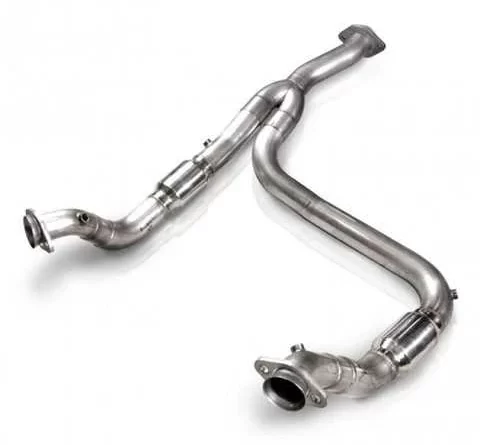The role of valves in controlling fluid flow in industrial pipelines
Valves play a crucial role in the smooth operation of industrial pipelines by controlling the flow of various fluids. The proper functioning of valves is essential for maintaining operational efficiency and ensuring safety within industrial facilities. This article will explore the significance of valves in fluid flow control and their impact on industrial processes.
The Function of Valves
Valves are mechanical devices designed to regulate, direct, or control the flow of fluids, gases, or slurries within a piping system. They can be used to start, stop, or throttle the flow, as well as to regulate the pressure and temperature of the fluid passing through the pipeline. By opening, closing, or partially obstructing the passageway, valves provide operators with a means to manage the movement of various substances through the industrial infrastructure.
Types of Valves
There are several types of valves, each tailored to specific applications based on the nature of the fluid and the operational requirements. The most common types of valves include gate valves, globe valves, ball valves, butterfly valves, and check valves, among others. Each type has distinct characteristics that make it suitable for particular conditions, such as high pressure, high temperature, or corrosive environments. Understanding the differences between these valve types is crucial for selecting the appropriate valve for a given industrial process.
Valve Control Systems
In many industrial settings, valves are integrated into complex control systems to automate the regulation of fluid flow. These systems may utilize electronic sensors, actuators, and feedback loops to continuously monitor and adjust the position of the valves based on specific parameters, such as flow rate, pressure, or temperature. By employing advanced control technologies, industrial facilities can optimize the performance of their processes while minimizing human intervention and maximizing safety.
Maintenance and Safety Considerations
Maintaining the proper functioning of valves is critical for preventing leaks, minimizing downtime, and ensuring the safety of industrial operations. Regular inspection, lubrication, and testing of valves are essential to identify and address potential issues before they escalate. Moreover, adhering to strict safety protocols and industry standards is paramount to mitigating the risk of accidents and ensuring compliance with regulatory requirements. Proper training of personnel on valve operation and maintenance further contributes to a secure and efficient industrial environment.
Conclusion
In conclusion, valves serve as indispensable components in industrial pipelines, exerting significant influence over the control and management of fluid flow. Their diverse functions, variations, and integration into sophisticated control systems underscore their pivotal role in ensuring the smooth and safe operation of industrial processes. By understanding the function, types, control systems, and maintenance considerations associated with valves, industrial stakeholders can enhance the reliability and efficiency of their fluid transport systems, ultimately contributing to the overall success of their operations.
.webp)

